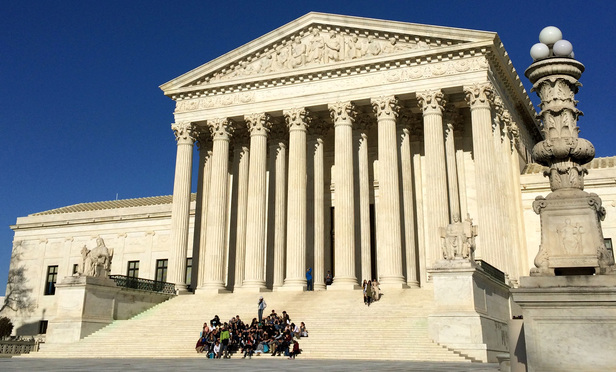On June 5, 2017, in a unanimous decision, the U.S. Supreme Court imposed a five-year statute of limitations on claims for disgorgement, resolving a split in the U.S. Courts of Appeals. In his petition for certiorari, Mr. Kokesh pointed to the circuit court split as well as the increasing importance of disgorgement in SEC enforcement actions: In 2015, the SEC collected $3 billion in disgorgement payments, more than twice the amount of monetary penalties collected. Petition for a Writ of Certiorari, Kokesh v. SEC, No. 16-529 (Oct. 18, 2016), 2016 WL 6124409, at *16-17.
The question before the court in Kokesh v. SEC was whether the five-year statute of limitations that applies to any “action, suit or proceeding for the enforcement of any civil fine, penalty, or forfeiture, pecuniary or otherwise,” covers claims for disgorgement imposed as a sanction for violating a federal securities law. Kokesh v. SEC, No. 16-529, slip op. at 1 (June 5, 2017) (quoting 28 U.S.C. §2462). The government had taken the position that it may seek disgorgement as a mechanism to recover amounts for any period without limitation. The court held that, like monetary penalties, disgorgement is subject to the five-year limitations period, finding that “[d]isgorgement in the securities-enforcement context is a ‘penalty’ within the meaning of §2462.” Id.



